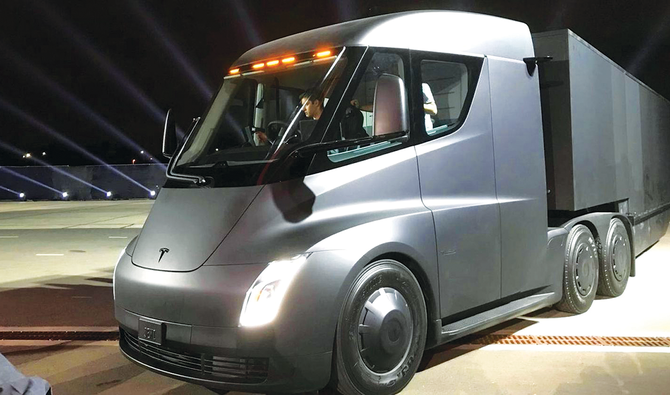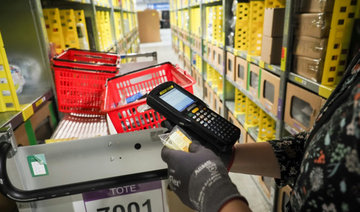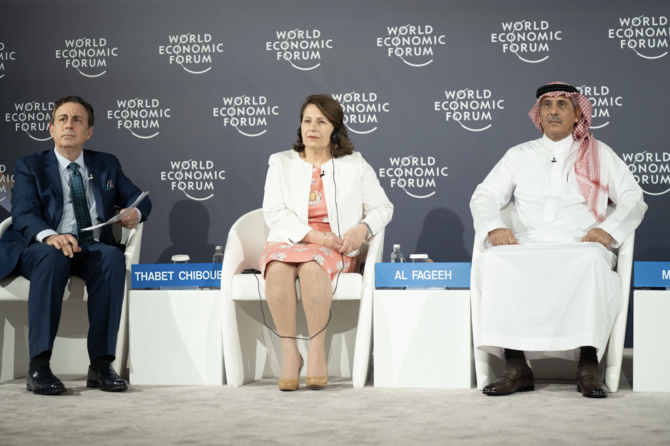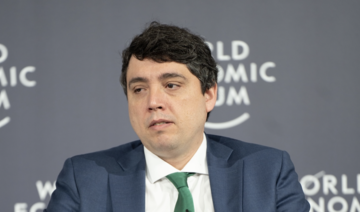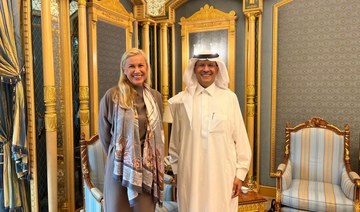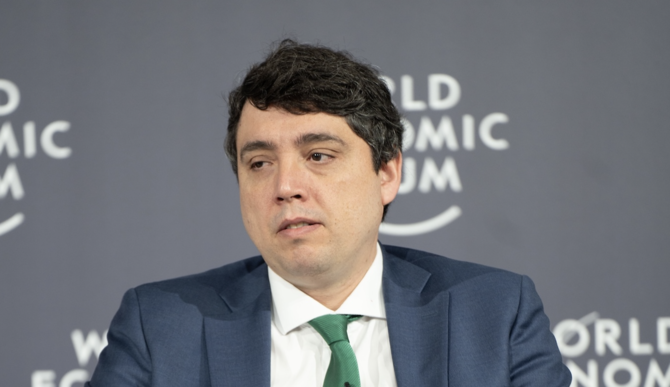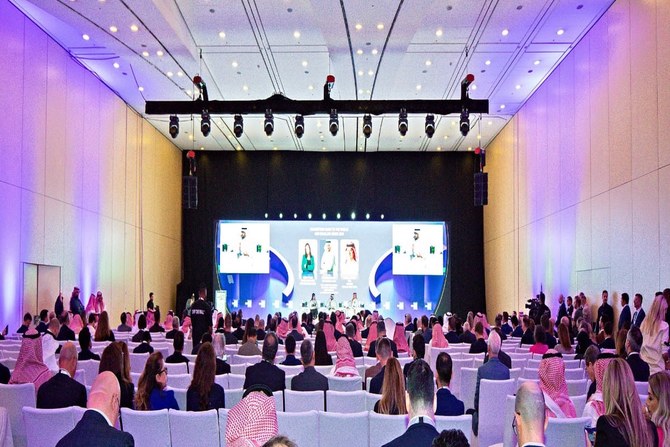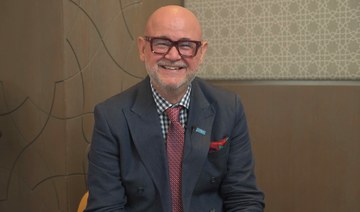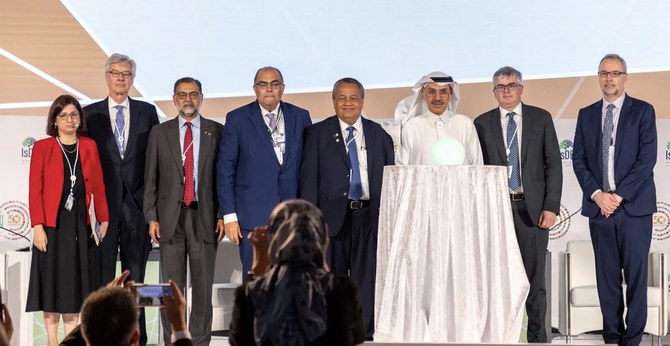DAVENPORT: Delivery fleet operators face regulatory pressure in California and other states to buy electric vehicles, but a surge in package deliveries thanks to lockdowns has major firms itching to switch to electric.
Operators such as UPS want computers on wheels that can harvest data and upgrade safety or autonomous features overnightt.
“For us, it’s not just about making the wheels turn with a zero-emission vehicle,” said Scott Phillippi, UPS’s senior director of fleet maintenance and engineering, who envisions “Tesla-like” vehicles in the company’s vast fleet. “It’s about an integrated-technology vehicle — and that’s really what we’re pushing for.”
With its ability to send wireless upgrades and fixes to customers’ electric cars, Tesla Inc. is seen as a bellwether. Firms like UPS want to harness that power to bring cost-saving, autonomous or safety measures to their fleets in real time.
If, for instance, a manufacturer developed a feature to prevent a truck from bumping into a loading dock, UPS could have it in tens of thousands of vehicles overnight to prevent expensive dents, Phillippi said. UPS, Amazon and other e-commerce delivery companies are both creating and shaping the emerging market for electric vans and trucks. Economics and competitive advantages created by data will drive the market for electric commercial vehicles.
Demand for electric commercial vehicles is accelerating partly as battery ranges improve dramatically while costs fall.
UPS has ordered 10,000 vans from UK startup Arrival, which is also working on self-driving technology. UPS has also reserved 125 of Tesla’s long-awaited Semi big rigs, 50 electric trucks from Workhorse Group Inc. — with an option for 950 more — and is testing electric trucks with California startup Xos.
Amazon ordered 100,000 electric vans last year from Rivian Automotive and 1,800 more from Daimler AG’s Mercedes-Benz for its European fleet last month. While demand is soaring, supply is still virtually non-existent.
The pressure is rising for manufacturers to deliver. Startups such as Rivian and Arrival are racing with larger, established vehicle makers to get electric trucks into production.
Startup Xos Trucks, for example, has begun low-volume production of vans with Mexican auto supplier Metalsa, using a “modular” battery approach where battery packs are added based on a customer’s needs.
The years-long journey of one electric delivery vehicle startup, California-based Chanje Energy Inc, shows the challenges vehicle makers and their customers face creating a new industry on the fly.
California’s decision in June to require commercial truck manufacturers to sell a rising number of zero-emission vehicles, starting in 2024, drew attention to the market. But Bryan Hansel, Chanje’s CEO, said California’s mandate made little difference. The surge in e-commerce delivery caused by the coronavirus pandemic had already caused fleet operators to zero in on the 50 miles per gallon (80 kilometer per gallon) equivalent his vans offer over conventional diesel trucks.
Back in 2018, package delivery company FedEx ordered 1,000 Chanje vans. But Chanje had to pause while its battery supplier, China’s Contemporary Amperex Technology, updated its batteries’ energy density.
That boosted the range of Chanje’s vehicles to 150 miles. Its 2021 model should have a range of 200 miles, Hansel said, making it capable of handling 90 percent of US last-mile delivery routes — the “last-mile” of e-commerce where drivers drop off packages at individual consumers’ doors is typically the most expensive. But Chanje had other problems.
Like other fleet operators, FedEx is not a fueling company — conventional fleets send vehicles to gas stations — so it lacked chargers for a large fleet. So Chanje became an energy services company, building out overhead charging stations at 20 FedEx depots across California to charge all 1,000 vans it will deliver in 2021.
Chanje also stepped up its software and electronics capability. After drivers reported vehicles would roll backward if they took their foot off the accelerator on a hill, it spent four weeks rewriting the code with a software fix. Then, according to Hansel, the company “just flashed it over the wire to every truck we’ve ever built.”



